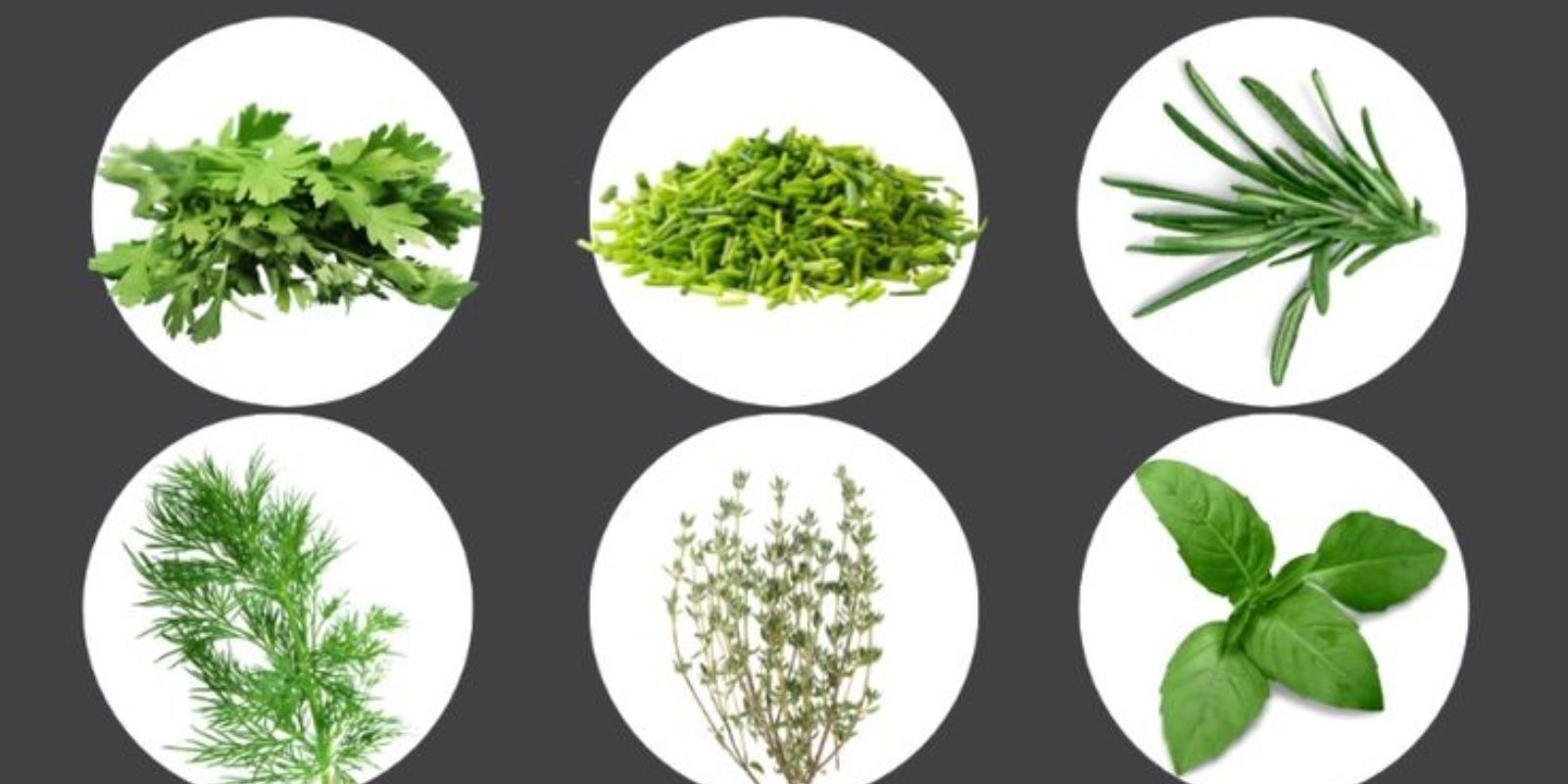Herbs have long been cherished for their culinary and medicinal properties, enhancing dishes and providing health benefits for centuries. From basil to rosemary, these plants not only add flavor to our meals but also offer a range of nutrients, therapeutic effects, and even environmental advantages. In this article, we’ll explore the numerous benefits of herbs, their uses in cooking and medicine, and how to grow them in your own garden.
The Nutritional Value of Herbs
Herbs are packed with essential vitamins, minerals, and antioxidants. They can significantly enhance the nutritional profile of your meals. For example:
- Vitamin A: Found in herbs like parsley and cilantro, vitamin A is crucial for maintaining healthy vision and skin.
- Vitamin C: Many herbs, such as thyme and chives, are excellent sources of vitamin C, which supports the immune system and acts as an antioxidant.
- Vitamin K: Basil and parsley are rich in vitamin K, which plays a vital role in blood clotting and bone health.
- Antioxidants: Herbs like oregano and rosemary contain high levels of antioxidants that help combat oxidative stress and inflammation in the body.
Culinary Benefits
The culinary benefits of herbs are vast and varied. They serve as natural flavor enhancers, often reducing the need for salt, sugar, and unhealthy fats in our dishes. Here are some popular herbs and their culinary uses:
- Basil: This aromatic herb is a staple in Italian cuisine, often used in pesto, salads, and sauces. Its sweet, peppery flavor pairs well with tomatoes, mozzarella, and garlic.
- Cilantro: Common in Mexican and Asian dishes, cilantro adds a fresh, citrusy taste to salsas, guacamole, and curries.
- Rosemary: With its strong, woodsy flavor, rosemary is perfect for seasoning meats, potatoes, and bread.
- Thyme: Thyme’s earthy flavor makes it a versatile addition to soups, stews, and roasted vegetables.
- Mint: Known for its refreshing taste, mint is great in beverages, salads, and desserts.
Medicinal Properties
Herbs have been used in traditional medicine for centuries, and modern research continues to uncover their potential health benefits. Here are some herbs with notable medicinal properties:
- Peppermint: Often used to soothe digestive issues, peppermint tea can relieve bloating and gas. The oil can also help alleviate headaches and sinus congestion.
- Ginger: While technically a rhizome, ginger is often grouped with herbs. It has anti-inflammatory properties and is effective for nausea, particularly in pregnant women and those undergoing chemotherapy.
- Turmeric: Known for its active compound curcumin, turmeric is celebrated for its anti-inflammatory and antioxidant properties. It may help alleviate arthritis symptoms and support heart health.
- Chamomile: Frequently consumed as tea, chamomile is known for its calming effects and can aid sleep and digestion.
- Echinacea: This herb is often used to boost the immune system and may help reduce the duration and severity of colds.
Aromatherapy Benefits
The aromatic properties of herbs play a significant role in aromatherapy. Essential oils extracted from herbs can have profound effects on mood and mental well-being. Some popular herbs used in aromatherapy include:
- Lavender: Renowned for its calming scent, lavender essential oil is often used to promote relaxation and improve sleep quality.
- Rosemary: The invigorating scent of rosemary can enhance memory and concentration, making it a popular choice for studying or working.
- Lemon Balm: Known for its uplifting scent, lemon balm can reduce stress and anxiety while promoting a sense of calm.
- Sage: Often used in smudging rituals, sage has a purifying aroma that can clear negative energy from a space.
Environmental Benefits
Growing herbs can also provide significant environmental benefits. Here’s how:
- Biodiversity: Herbs contribute to biodiversity in your garden, attracting beneficial insects like bees and butterflies, which help pollinate other plants.
- Pest Control: Certain herbs, such as basil and mint, can repel harmful pests, reducing the need for chemical pesticides.
- Soil Health: Many herbs can improve soil health by preventing erosion, adding organic matter, and fixing nitrogen in the soil.
- Carbon Sequestration: Like all plants, herbs absorb carbon dioxide, helping to combat climate change.
How to Grow Herbs
Growing your own herbs is a rewarding and straightforward endeavor. Here are some essential steps to get you started:
- Choose the Right Herbs: Select herbs that you enjoy using in your cooking. Some easy-to-grow options for beginners include basil, parsley, cilantro, mint, and chives.
- Location: Most herbs thrive in well-draining soil and full sunlight (at least 6 hours a day). Choose a spot in your garden or a sunny windowsill.
- Soil Preparation: Use high-quality potting soil for container gardening, or enrich your garden soil with compost for in-ground planting.
- Planting: Herbs can be grown from seeds, seedlings, or cuttings. Follow the instructions on the seed packet or transplant young plants according to the recommended spacing.
- Watering: Herbs prefer consistent moisture but do not like to sit in water. Water them thoroughly when the top inch of soil feels dry.
- Harvesting: Regularly snip leaves to encourage growth. Be mindful to leave enough foliage for the plant to thrive.
Conclusion
Herbs are truly remarkable plants that offer a myriad of benefits for our health, culinary adventures, and the environment. Whether you’re enhancing your meals, improving your well-being, or beautifying your garden, herbs provide a world of possibilities. By incorporating herbs into your daily life and growing them at home, you can harness their power and enjoy a healthier lifestyle.
Call to Action
Start your herbal journey today! Whether you’re growing them in your backyard or incorporating them into your meals, the benefits of herbs are waiting for you to explore. 🌿✨
Join the conversation! Share your favorite herbs and their uses with us! #HerbalHealth #HomeGardening #CulinaryHerbs #HealthyLiving #GardenLife #GreenThumbs

